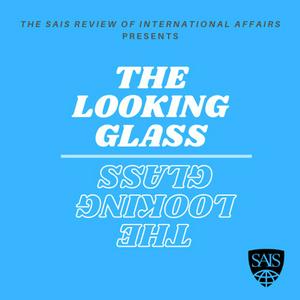The GERD Water Dispute and its Impact on Egypt’s Water Security
Situated at the intersection of the Arab world, Sub-Saharan Africa, and Southern Europe, Egypt remains a pivotal actor in the evolving geopolitics of the Middle East and North Africa. Under the leadership of President Abdel Fattah El-Sisi, the Egyptian state has embarked on a sweeping agenda of transformation—redefining its political economy, reasserting its regional role, and confronting a host of domestic and international pressures.This miniseries aims to move beyond conventional narratives to provide a rigorous, multidisciplinary examination of contemporary Egypt. Through a series of in-depth conversations and analyses, The Looking Glass interrogates the logics, trade-offs, and long-term implications of the choices shaping Egypt’s present and future.In this final episode, we will dive into the dispute over the Grand Ethiopian Renaissance Dam, an Ethiopian megaproject that has upended relations between Egypt and Ethiopia. The Nile River is shared by over 11 countries, and Ethiopia seeks to use its waters to increase its electricity production. While this seeks to improve Ethiopia’s development, Egypt fears it would bring negative consequences down river, including negative impacts to its water supply. We will discuss this issue in debt, as well as Egypt’s water security in general, which has proven to be a key issue in the country.To discuss, we are honored to host Mr. John Mukum Mbaku, Nonresident Senior Fellow at the Brookings Institution, who works on the Africa Growth Initiative.Remember to leave 5-stars and share with a friend!


